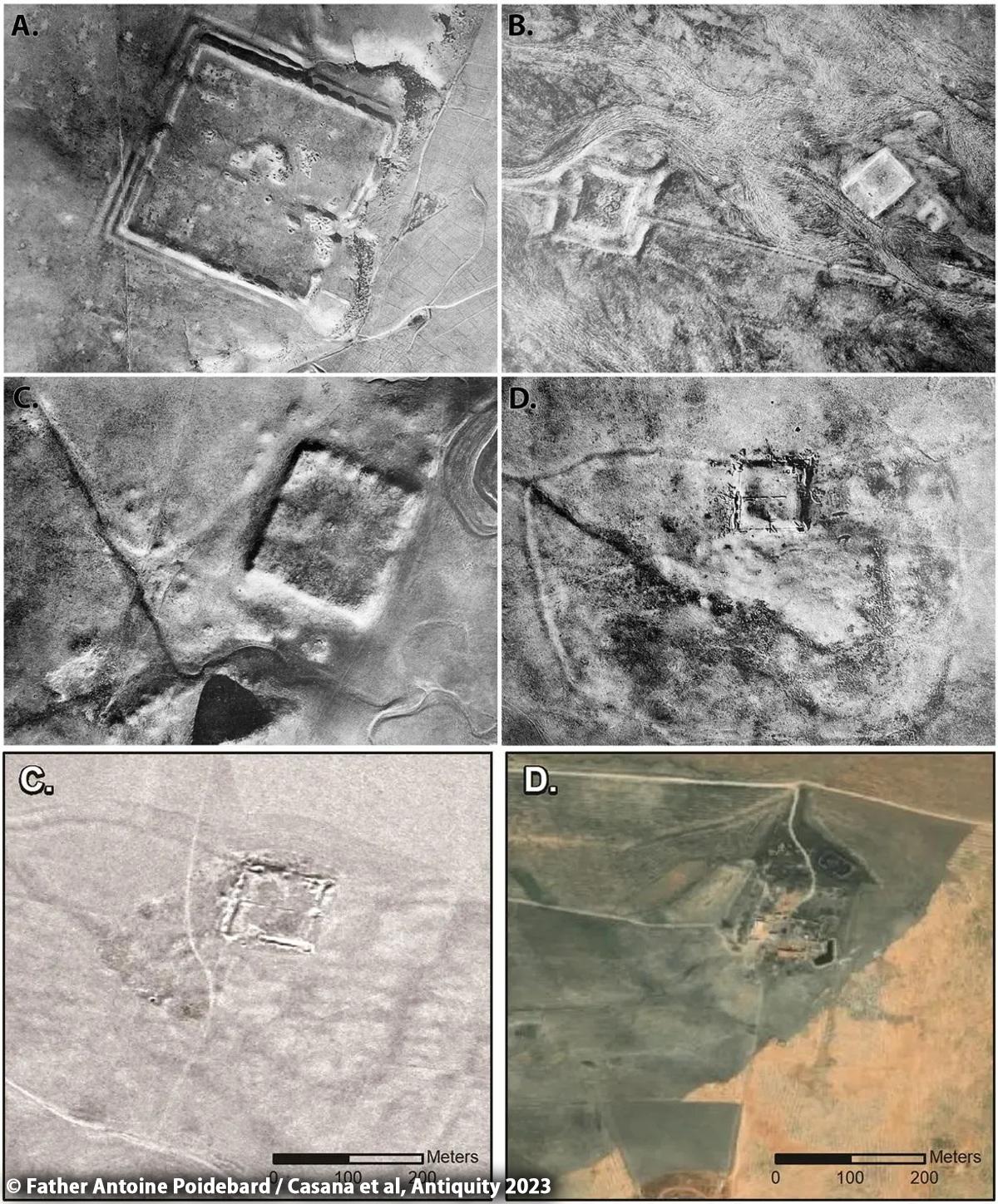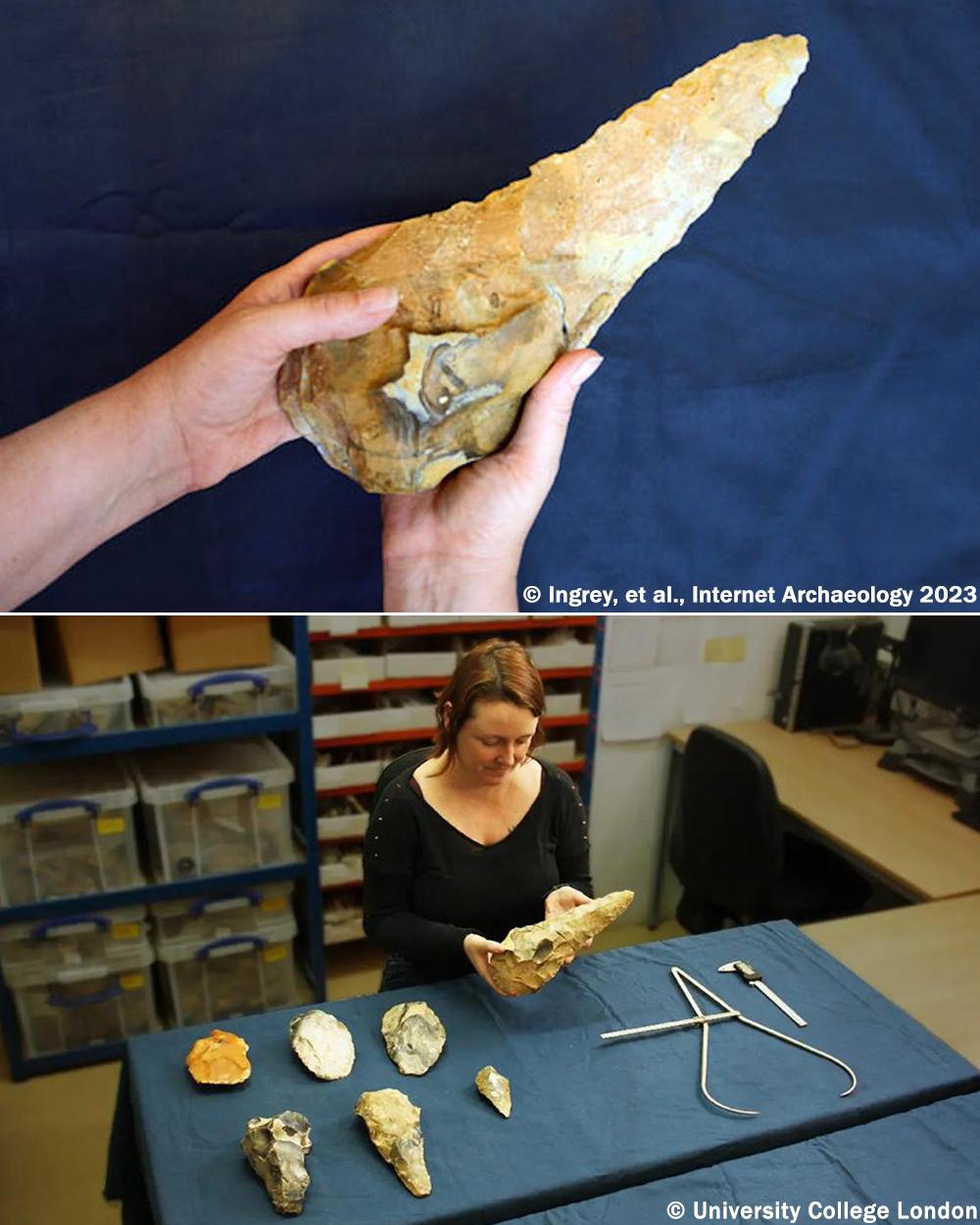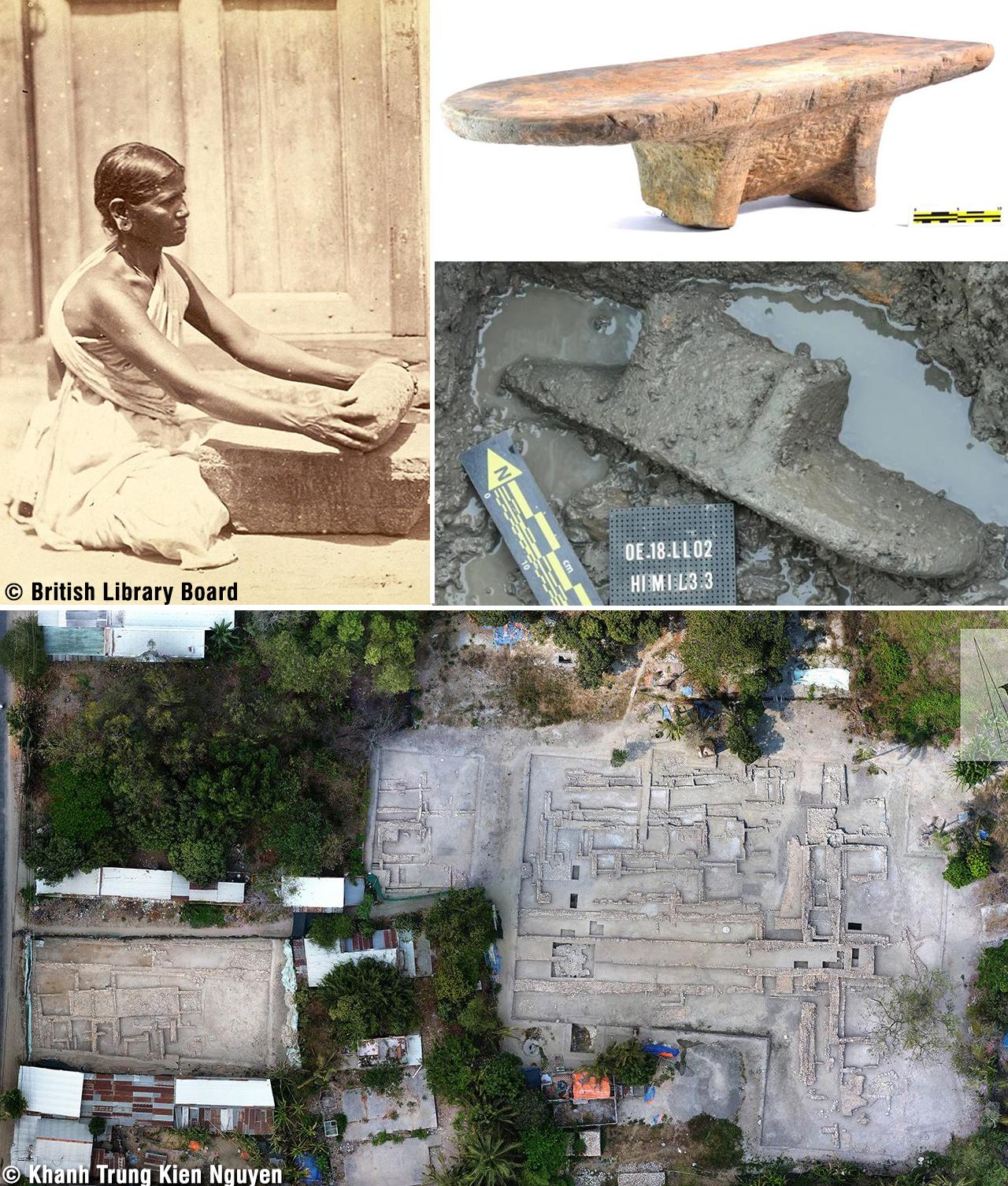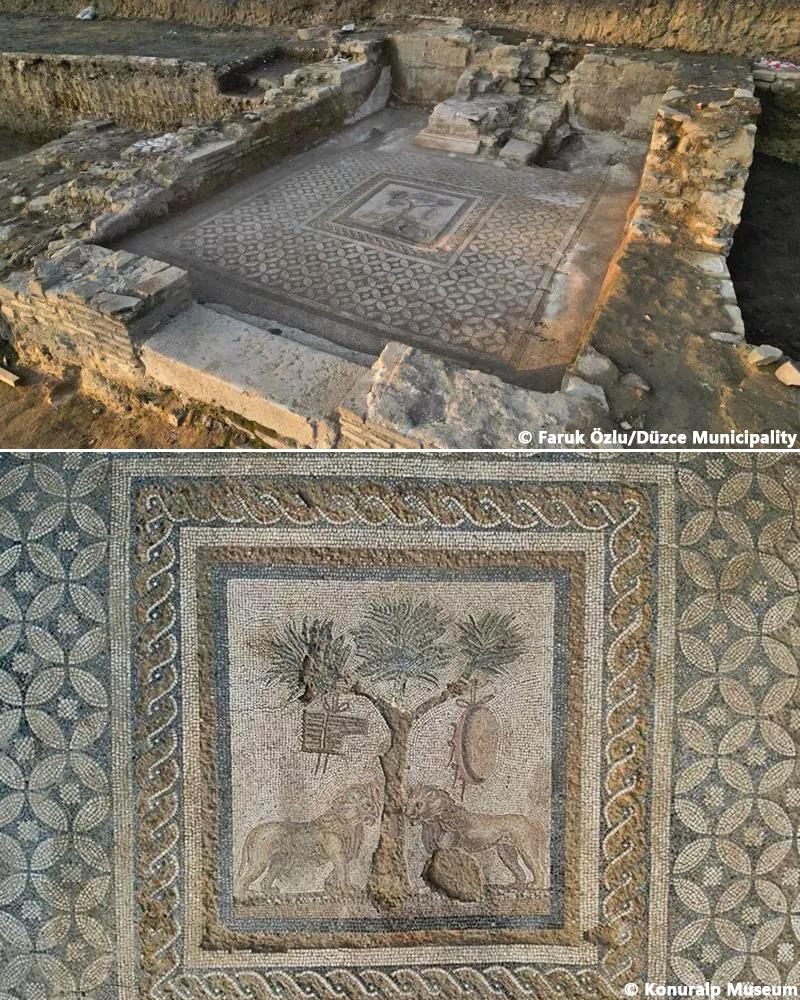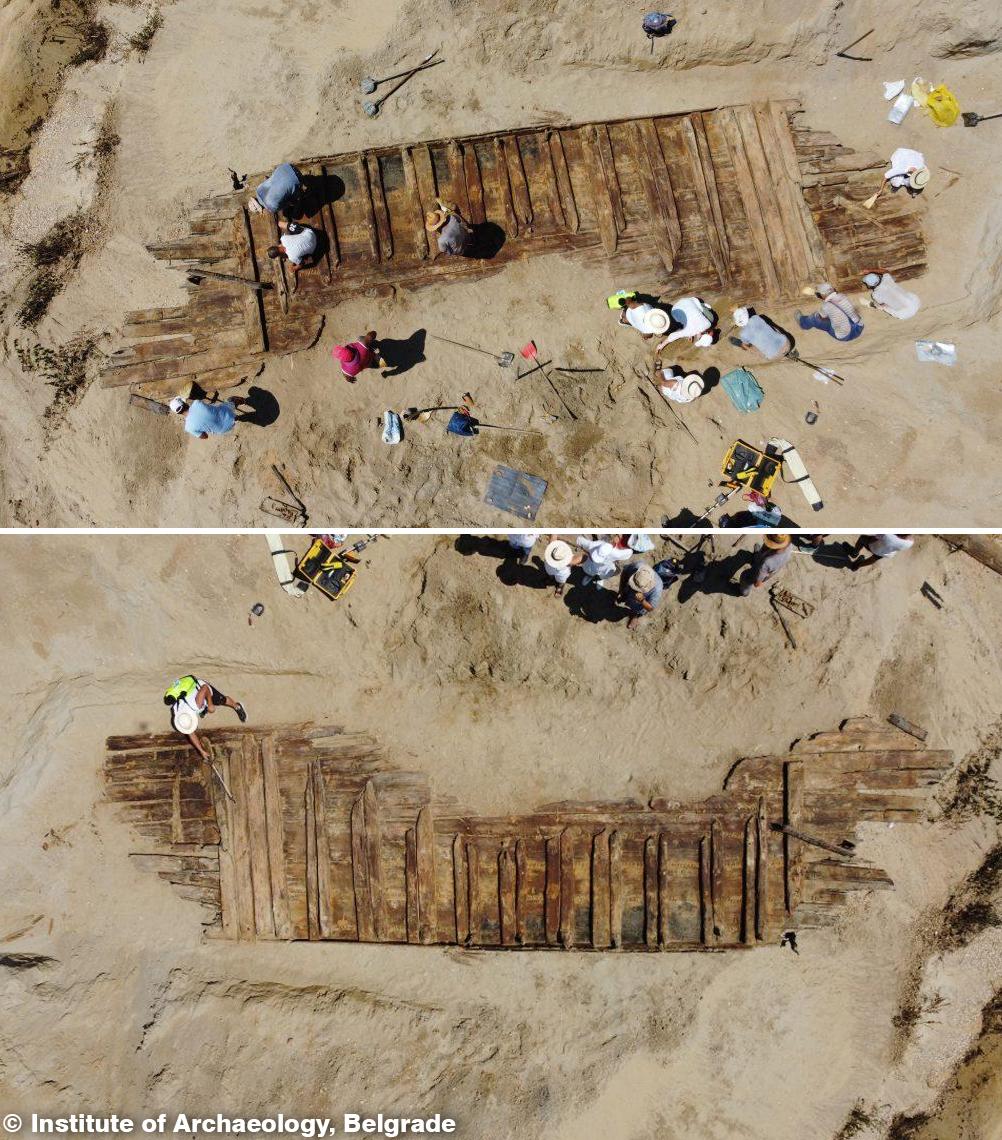In the rugged terrain of Greece, a groundbreaking discovery has emerged from the depths of a cave, challenging long-held theories about human origins. The unearthing of a 700,000-year-old skull has sparked a revolution in the field of archaeology, casting new light on the ancient past and redefining our understanding of human evolution. Join us as we embark on a journey to unravel the mysteries surrounding this extraordinary find and explore its implications for the study of human origins.

The Discovery
Amidst the rocky landscape of Greece, archaeologists unearthed a treasure trove of ancient remains within a cave, including the remarkably well-preserved skull of a human ancestor dating back 700,000 years. This unprecedented discovery has sent shockwaves through the scientific community, challenging prevailing theories about the migration and evolution of early humans. As researchers meticulously analyze the skull and its surrounding context, they are confronted with tantalizing questions about the origins and diversity of our species.
Challenging the Out of Africa Theory
The discovery of the 700,000-year-old skull in a Greek cave presents a significant challenge to the widely accepted Out of Africa theory, which posits that modern humans originated in Africa before dispersing to other parts of the world. Instead, this find suggests a more complex and nuanced narrative of human evolution, one in which multiple migrations and interactions between different populations played a crucial role in shaping our genetic and cultural diversity.
Revisiting Human Origins
As researchers delve deeper into the implications of this groundbreaking discovery, they are forced to reevaluate our understanding of human origins and the factors that shaped our evolutionary trajectory. The presence of ancient human remains in Greece suggests that Europe may have played a more significant role in the story of human evolution than previously thought, challenging conventional notions of geographic and temporal boundaries.
Exploring Cultural Significance
Beyond its scientific implications, the discovery of the 700,000-year-old skull holds profound cultural significance, offering a window into the lives and experiences of our distant ancestors. Through the study of ancient remains and artifacts, researchers gain insights into the social structures, technological innovations, and artistic expressions of early human societies, enriching our understanding of the human experience across time and space.
Conclusion
As we reflect on the discovery of the 700,000-year-old skull in a Greek cave, we are reminded of the enduring mysteries of the past and the limitless potential of archaeological exploration to unlock the secrets of our shared heritage. In the rugged terrain of Greece, a new chapter in the story of human evolution is being written, one that challenges our assumptions and expands our horizons. As researchers continue to unravel the mysteries of the ancient world, may we remain open to the possibility of new discoveries and the profound insights they offer into the origins of our species.






